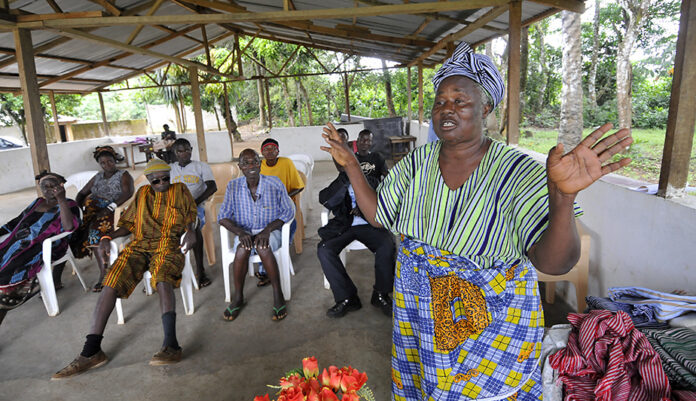Liberia stands out as a unique experiment in African history. Founded by freed African Americans, it was envisioned as a haven for self-determination. However, the path to self-governance wasn’t without its complexities. This article explores the enduring influence of the Americo-Liberians, descendants of those freed slaves, on Liberian politics.
The American model heavily influenced Liberia’s political structure. The constitution established a three-branch system – executive, legislative, and judicial – mirroring the United States. However, the reality on the ground painted a different picture.
From Liberia’s founding in 1847 until a 1980 coup, the Americo-Liberians held a dominant grip on the reins of power. This dominance manifested in the form of the True Whig Party, which effectively functioned as a one-party state for over a century.
This period brought a degree of stability to Liberia. However, it came at a cost. The Americo-Liberians, a minority population compared to the indigenous groups, established a system that marginalized the majority. Tensions simmered beneath the surface of this seemingly stable one-party rule.
The Americo-Liberians’ legacy in Liberian politics is a double-edged sword. They established a system based on Western ideals, but it failed to fully integrate the diverse ethnicities within the nation. Understanding this historical dynamic is crucial to comprehending the complexities of Liberian politics today.
The 1980 coup marked a turning point, shattering the Americo-Liberian stranglehold on power. While Liberia has transitioned towards a more inclusive political landscape, the legacy of the Americo-Liberians continues to shape the nation’s ongoing quest for true democratic representation.







